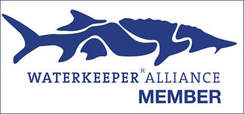|
1. Skip the Straw Straws are one of the most commonly found items on beach cleanups and are basically just another waste of plastic. Just tell your waitress/bartender #nostrawplease. If you love to use a straw, get yourself a cool metal reusable version. 2. Go Foam Free Styrofoam is a complete design fail in terms of sustainability. It is a petroleum-based, non-recylable, carcinogenic material that takes 500 years to fully degrade yet begins to fall apart in tiny pieces once it is trashed. Spend a few minutes fishing styrofoam pieces out of a river or sifting them out of the sand at the beach and I guarantee you will go #foamfree. 3. Bring Your Own Did you know that every single piece of plastic ever produced is still in existence? Or that it takes plastic 450 years to decompose? 90% of the trash I remove from the Pearl River watershed is single-use plastic. There are over 5 trillion pieces of plastic floating in the ocean. In the US alone, 2.5 million single-use plastic bottles are used EVERY HOUR. Recycling is not the answer. Most plastic sent to recycling centers is downcycled into other products such as carpet and plastic lumber. Recycling cannot keep up with the amount of virgin plastic produced every day. Plastic containers leach hormone-mimicking chemicals into food and drink, especially when exposed to hot temperatures. Why are we using a non-renewable resource to make a disposable product that is meant for a few minutes of use but that basically last forever? Make the pledge to refuse single-use plastic bottles, bring your own reusable shopping bags, and #skipthestraw. Let's stop sending our precious resources straight to a hole in the ground! 4. Minimize Fertilizers and Pesticides Excess lawn fertilizer runs off into our watershed creating algae blooms that greatly reduce the oxygen availability in our water. 5. Compost 6. Plant a Rain Garden 7. Fish Responsibly Discarded fishing line routinely entangles and kills wildlife, imperils swimmers and gets caught in propellers, damaging outboard motors. Littered bait containers photo-degrade into tiny pieces that attract other toxins in the water and are often eaten by fish. Eating fish that has been dining on plastic particles will cause toxins to pass to you. This spring alone, there were 13,057 pieces of trash removed from the Reservoir Spillway area by 150 different volunteers. This amount of trash on our local waterway has a broad spectrum of impacts: loss of tourism/business revenue, impairment of Jackson's drinking water source, increased crime associated with areas of blight, habitat degradation for 7 federally listed species and the rest of the Pearl River Basin ecosystem including oyster hatcheries downstream, and loss of community pride to name a few. Our community deserves clean fishable, swimmable, drinkable water. 8. Clean Your Watershed Volunteer for the 1st annual Pearl River Clean Sweep, an epic river cleanup happening across 15 Mississippi counties, 2 Louisiana parishes and over 490 miles of beautiful river. Cleanup teams will be deployed along the Pearl River Watershed from its headwaters in Nanih Waiya, Mississippi, downriver through the Ross Barnett Reservoir, along the border of Mississippi and Louisiana, all the way to Pearlington on the Gulf Coast. For more information and to register, visit www.PearlRiverkeeper.com. 9. Get Involved Join the Take2Miss social media campaign by picking up litter in your community. The next time you are out jogging, walking, boating, biking, heading to work or school, just pick up 2 pieces of litter, snap a pic and post it to Instagram or Facebook using #Take2Miss. Clean communities and a clean watershed are everyone's responsibility! 10. Spread the Word
One of the solutions to our community plastic pollution problem is increased recycling infrastructure and bottle deposit legislation. Please write to your Senators about the importance of a clean watershed and ask them to increase recycling opportunities for Mississippi and Louisiana: Mississippi Email Senator Wicker Email Senator Cochran Louisiana Email Senator Kennedy Email Senator Cassidy |
AuthorPearl Riverkeeper is a licensed member of the Waterkeeper Alliance, the largest and fastest growing nonprofit solely focused on clean water. Archives
July 2024
Categories |
|
Ready to support our work for Clean Water and Healthy Rivers?
|
|

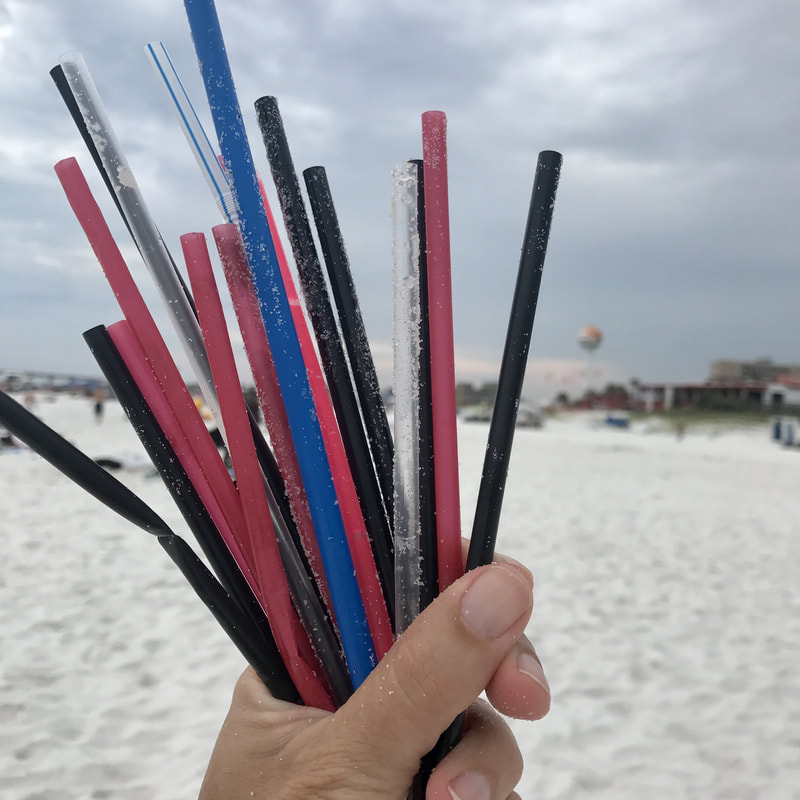
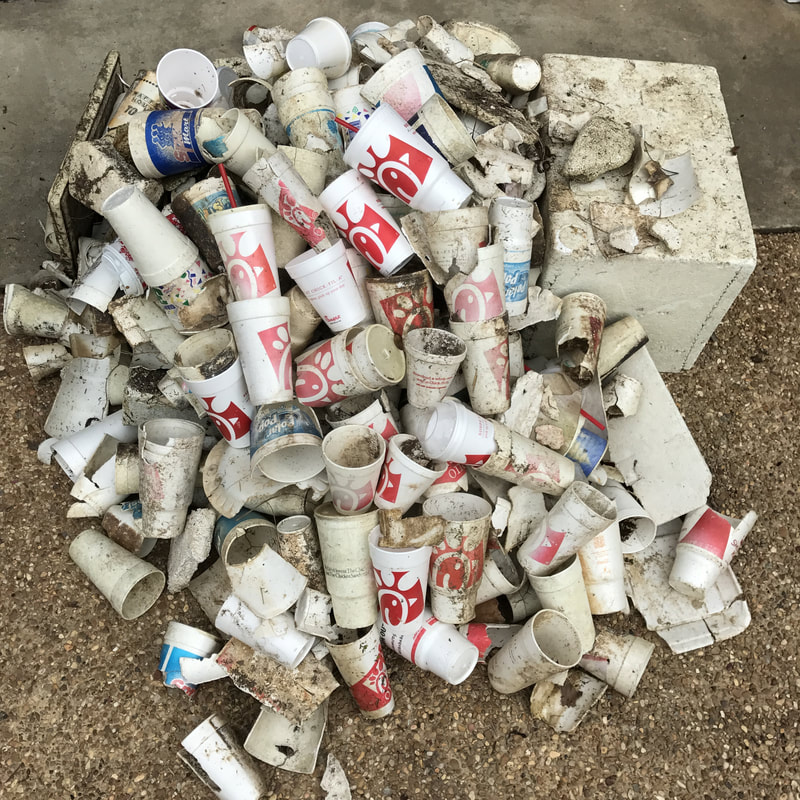
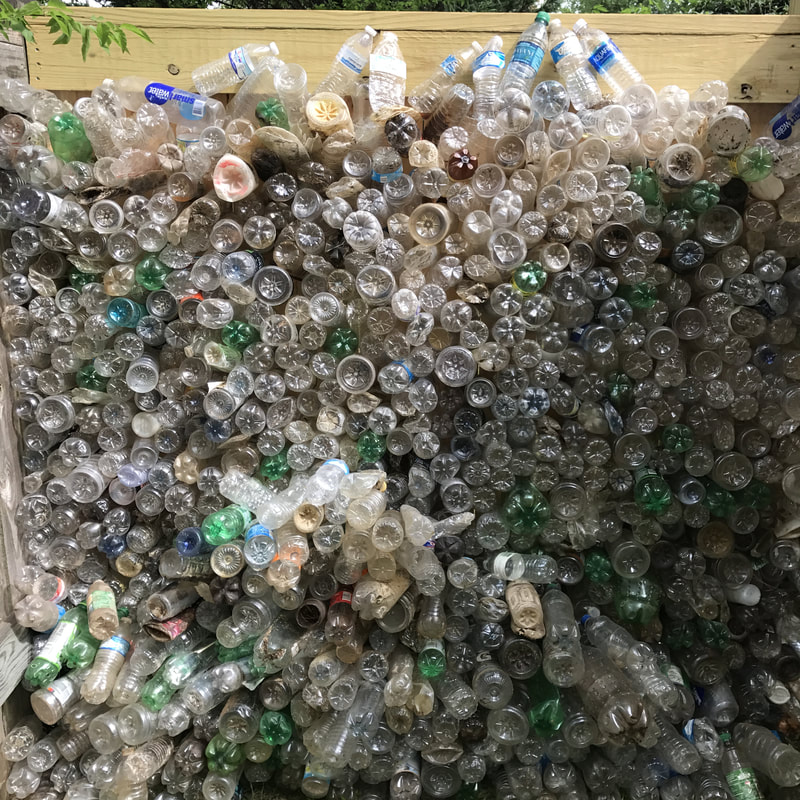
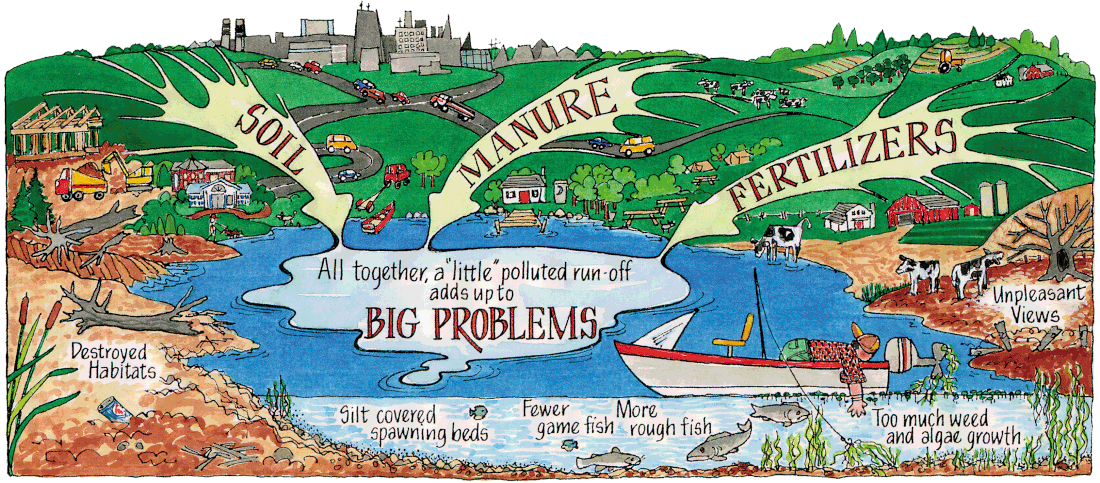
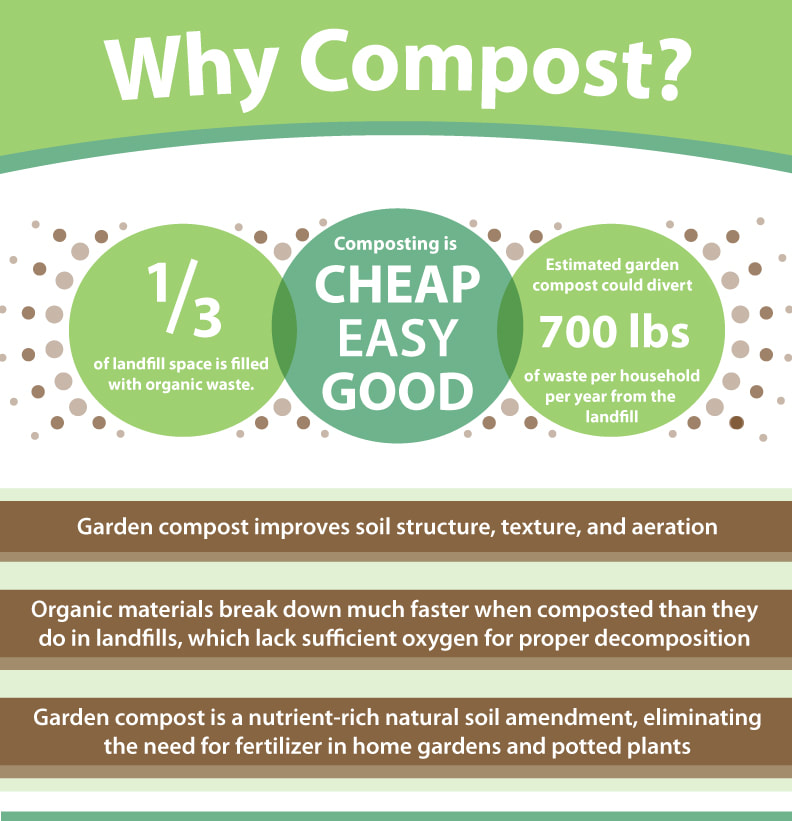
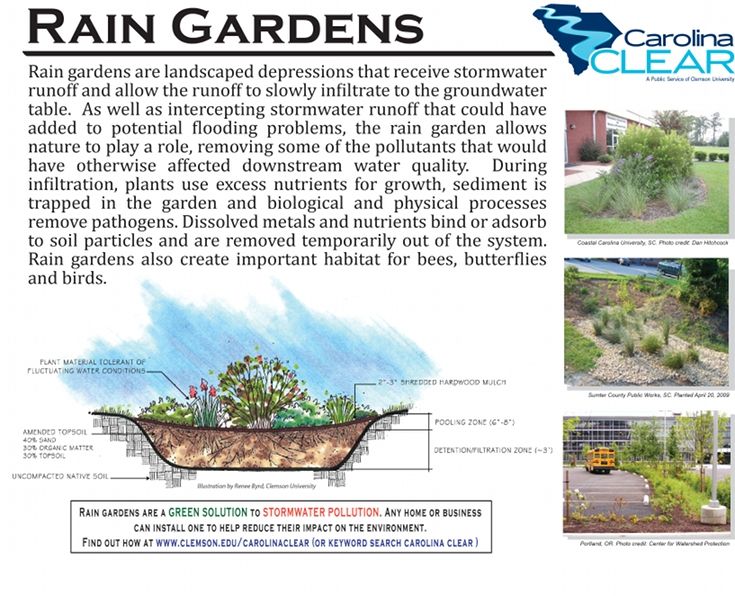
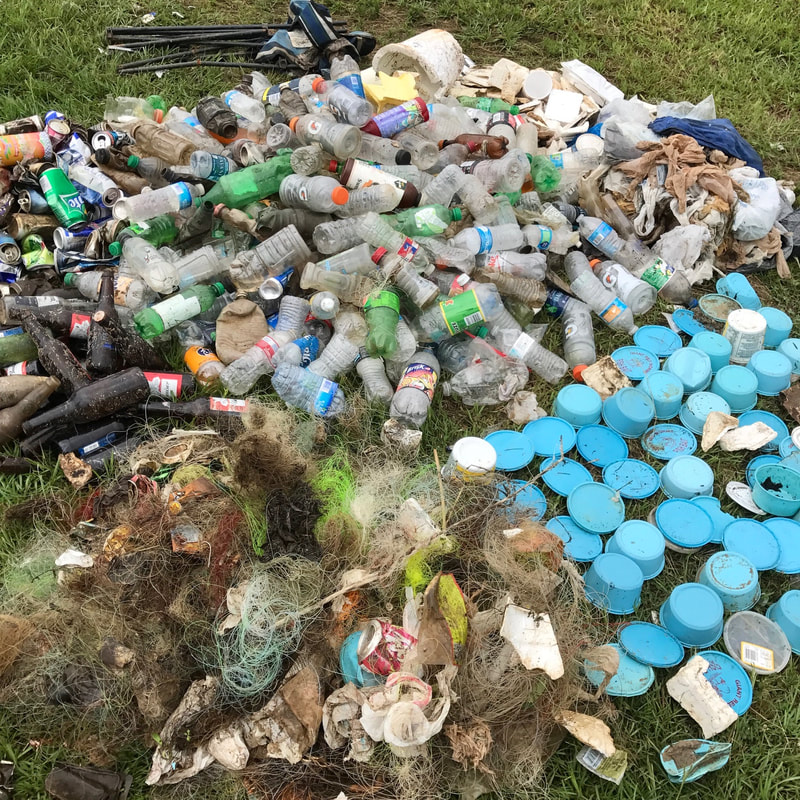
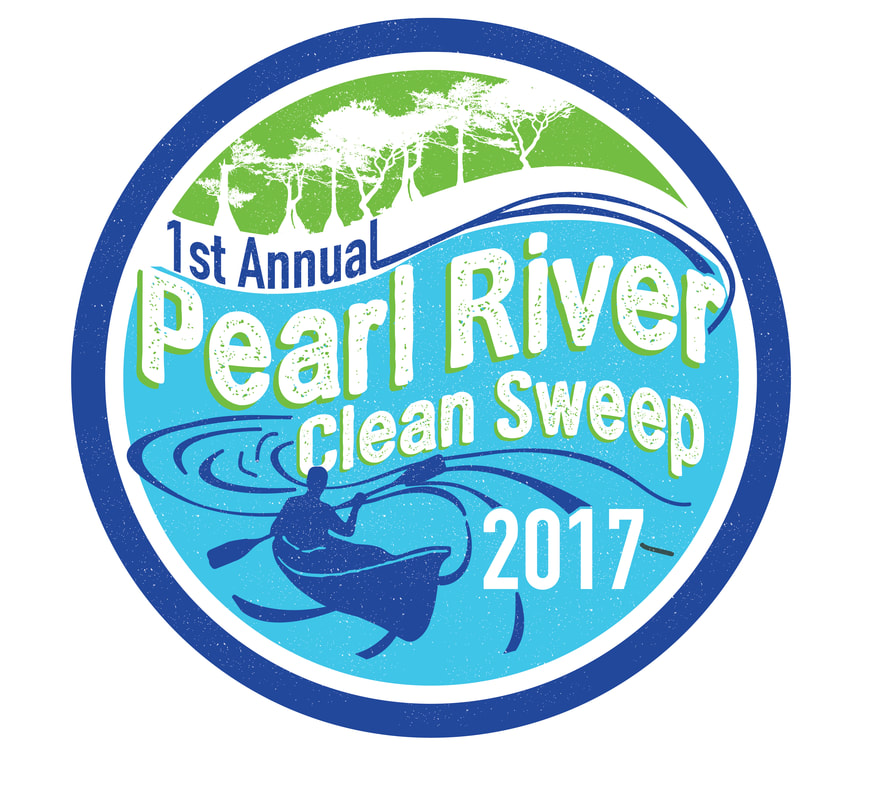
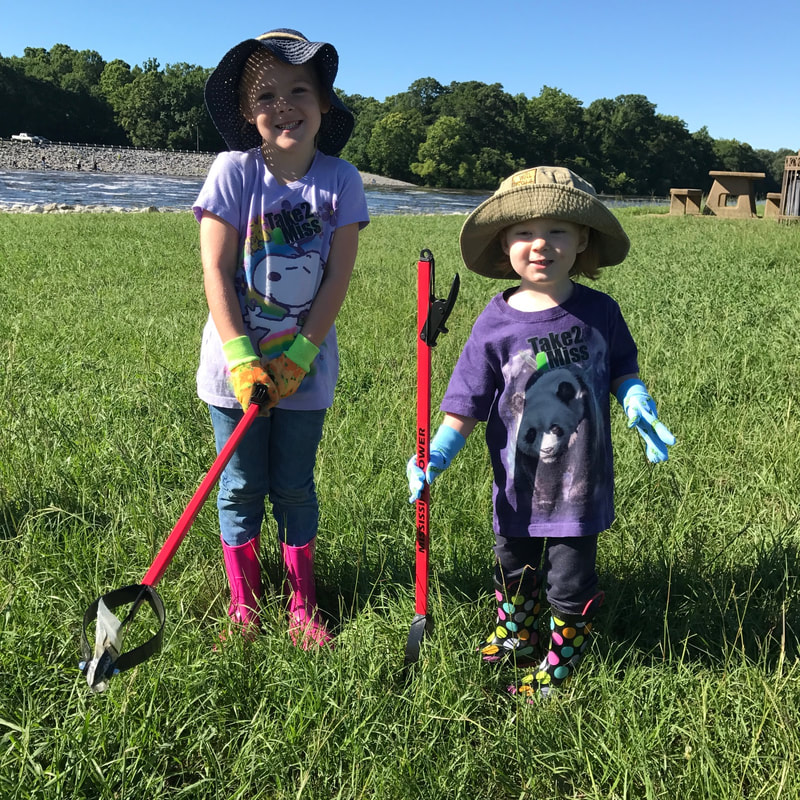
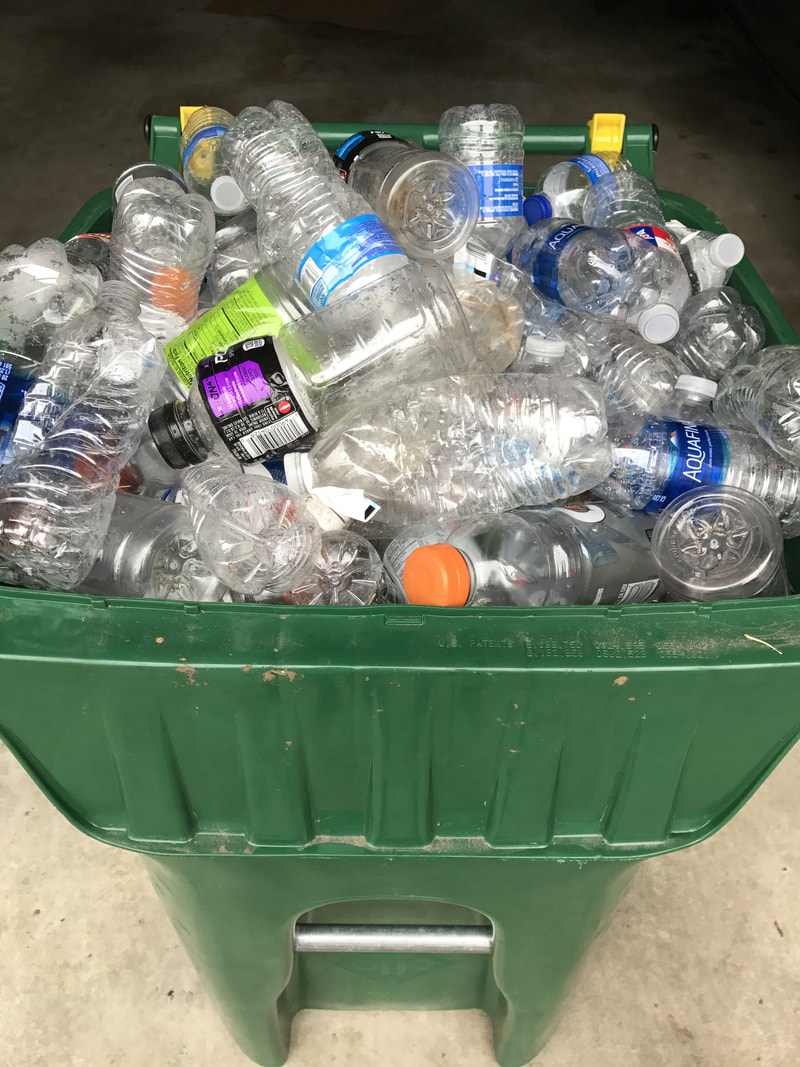
 RSS Feed
RSS Feed
